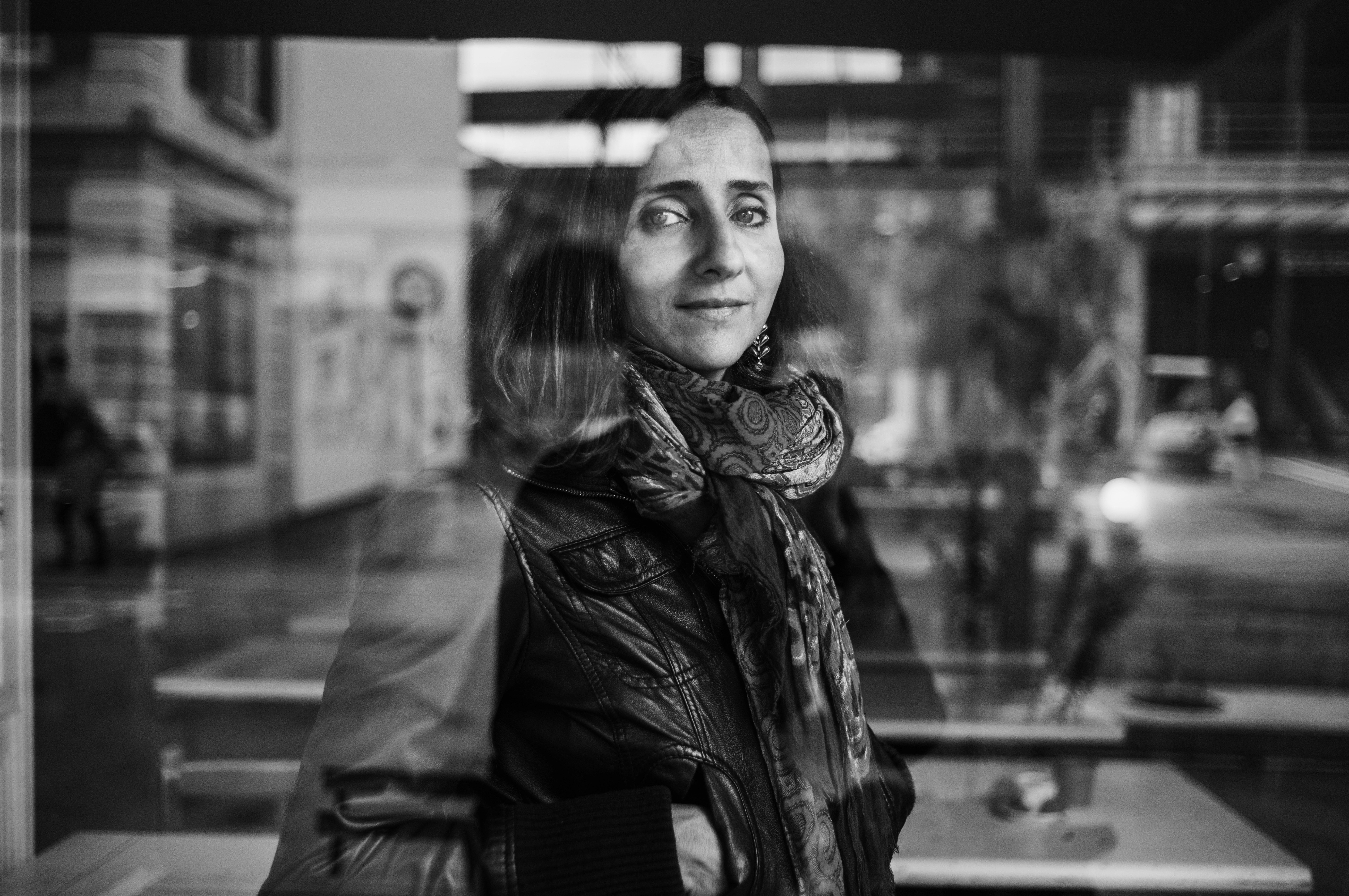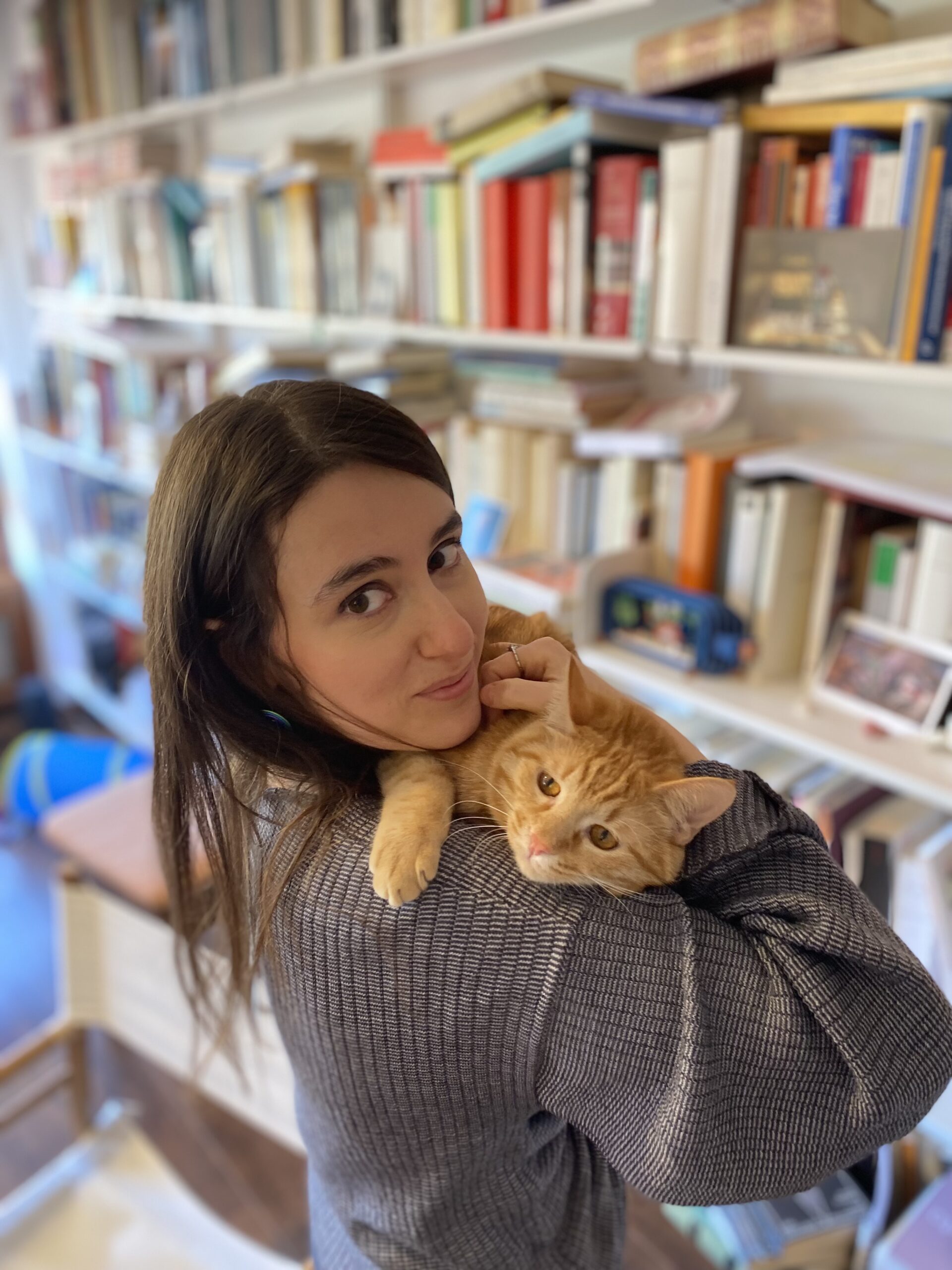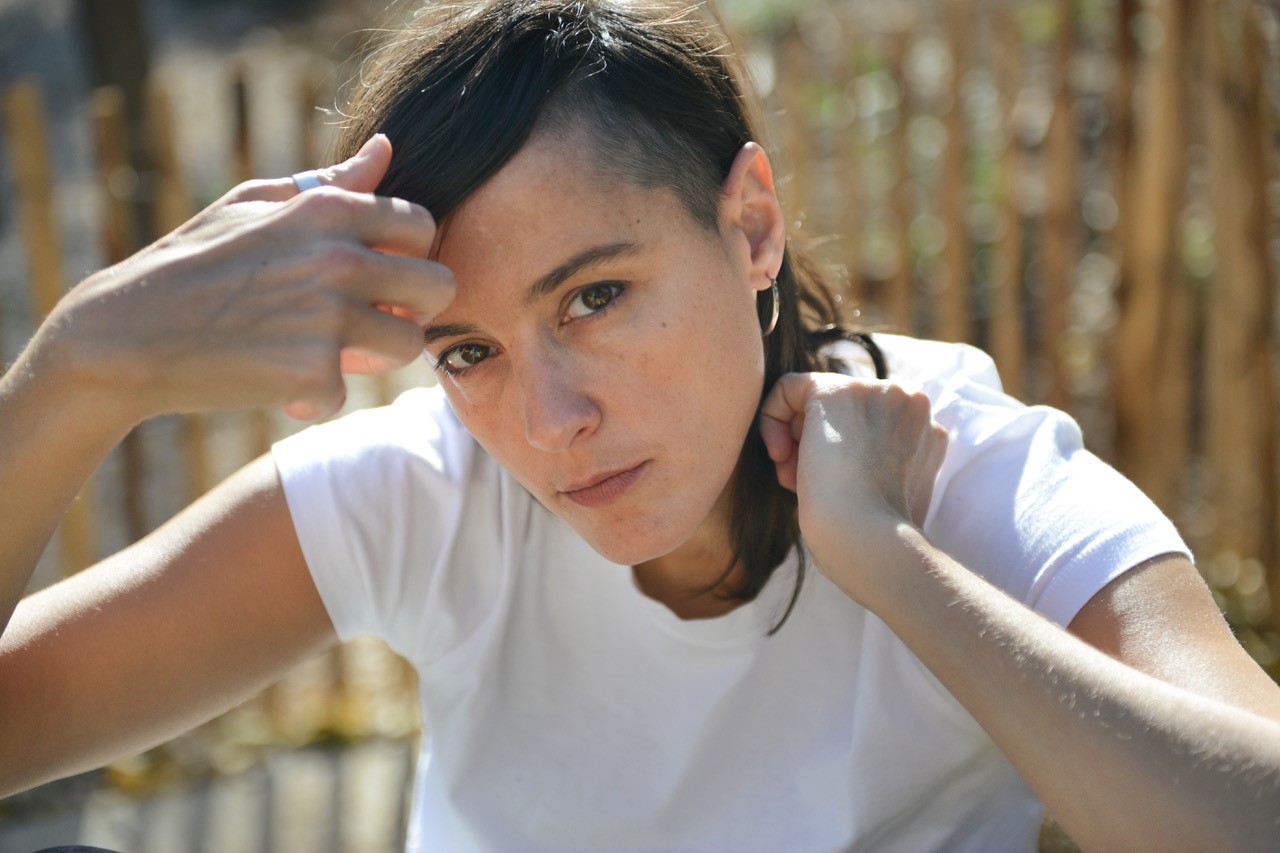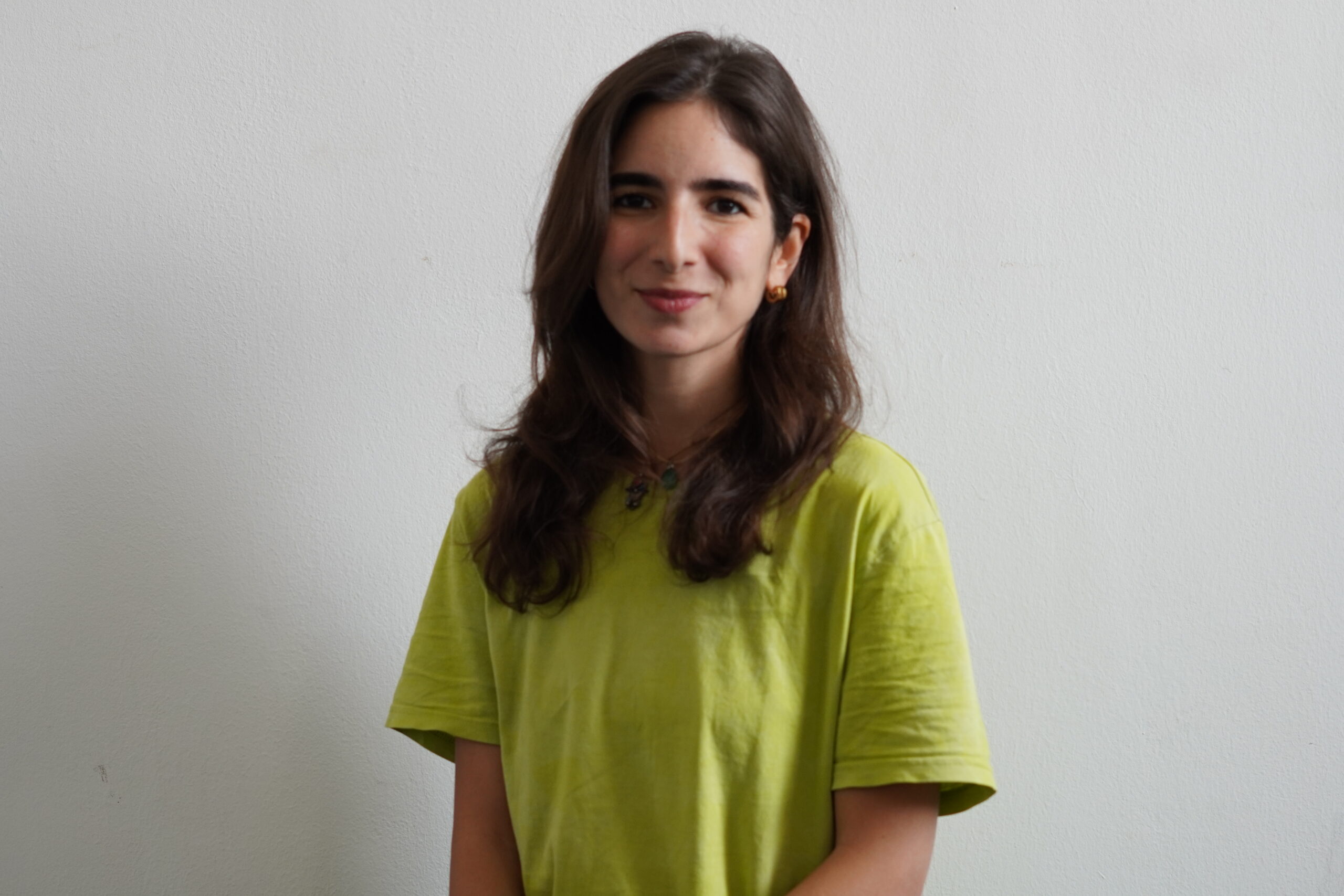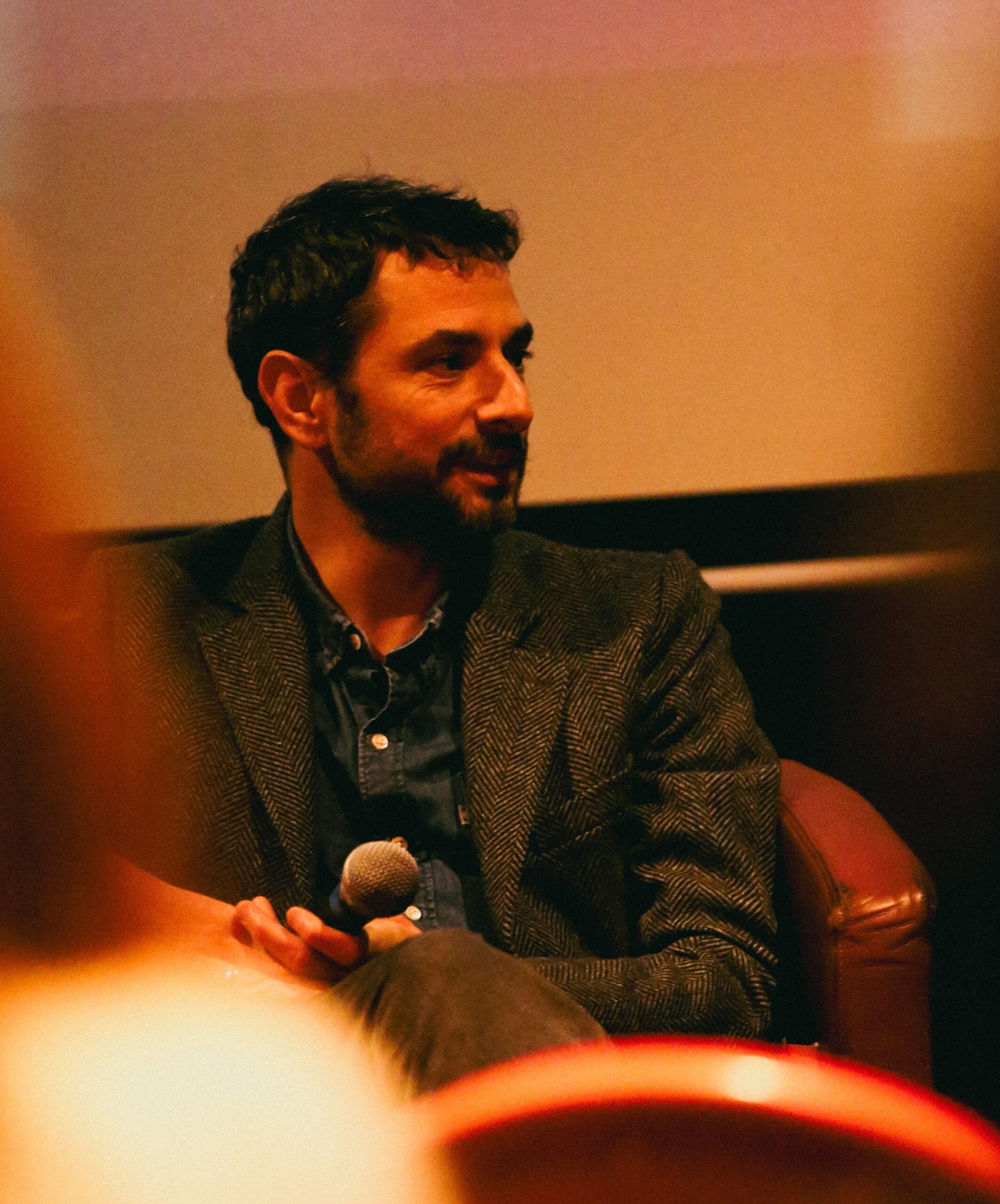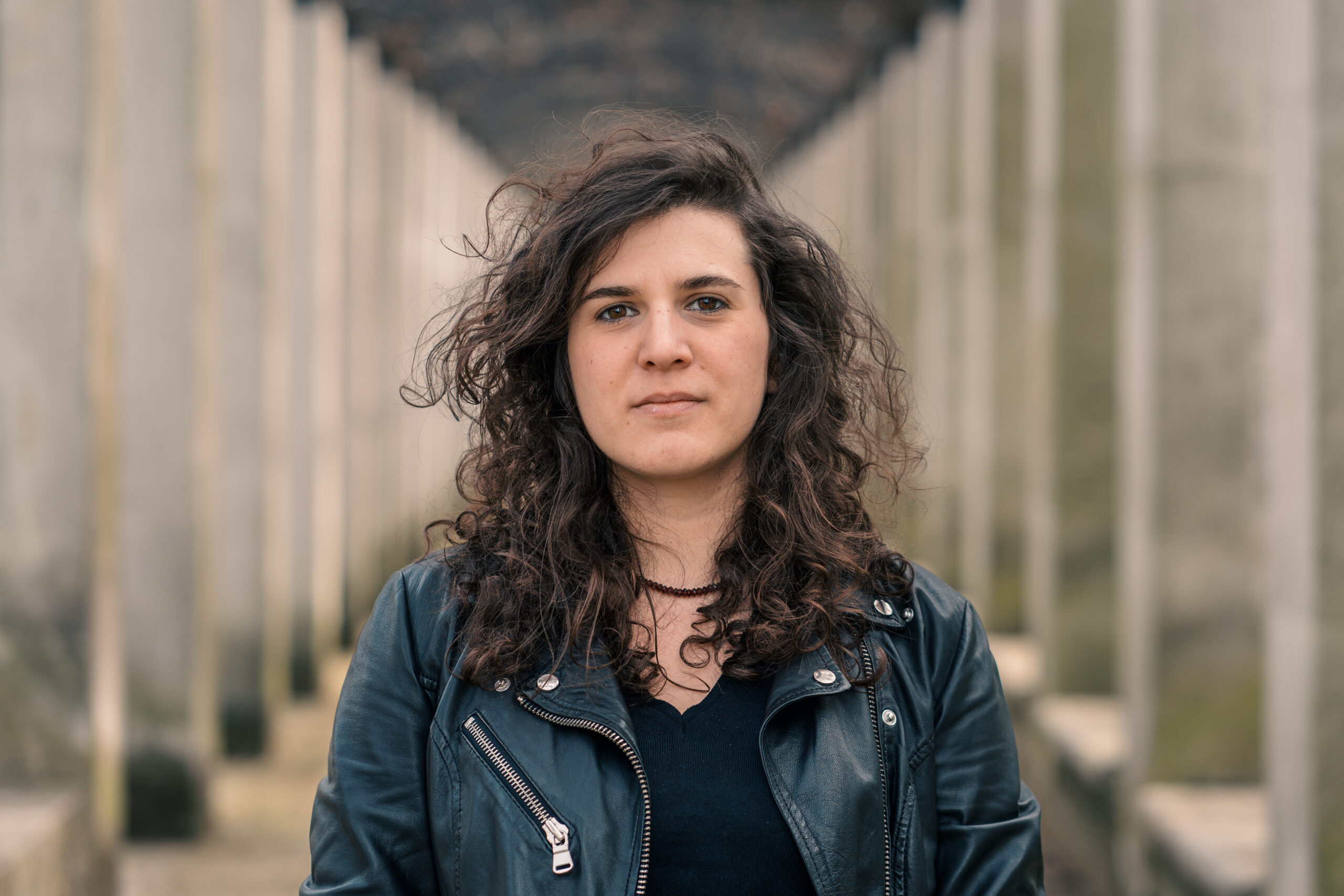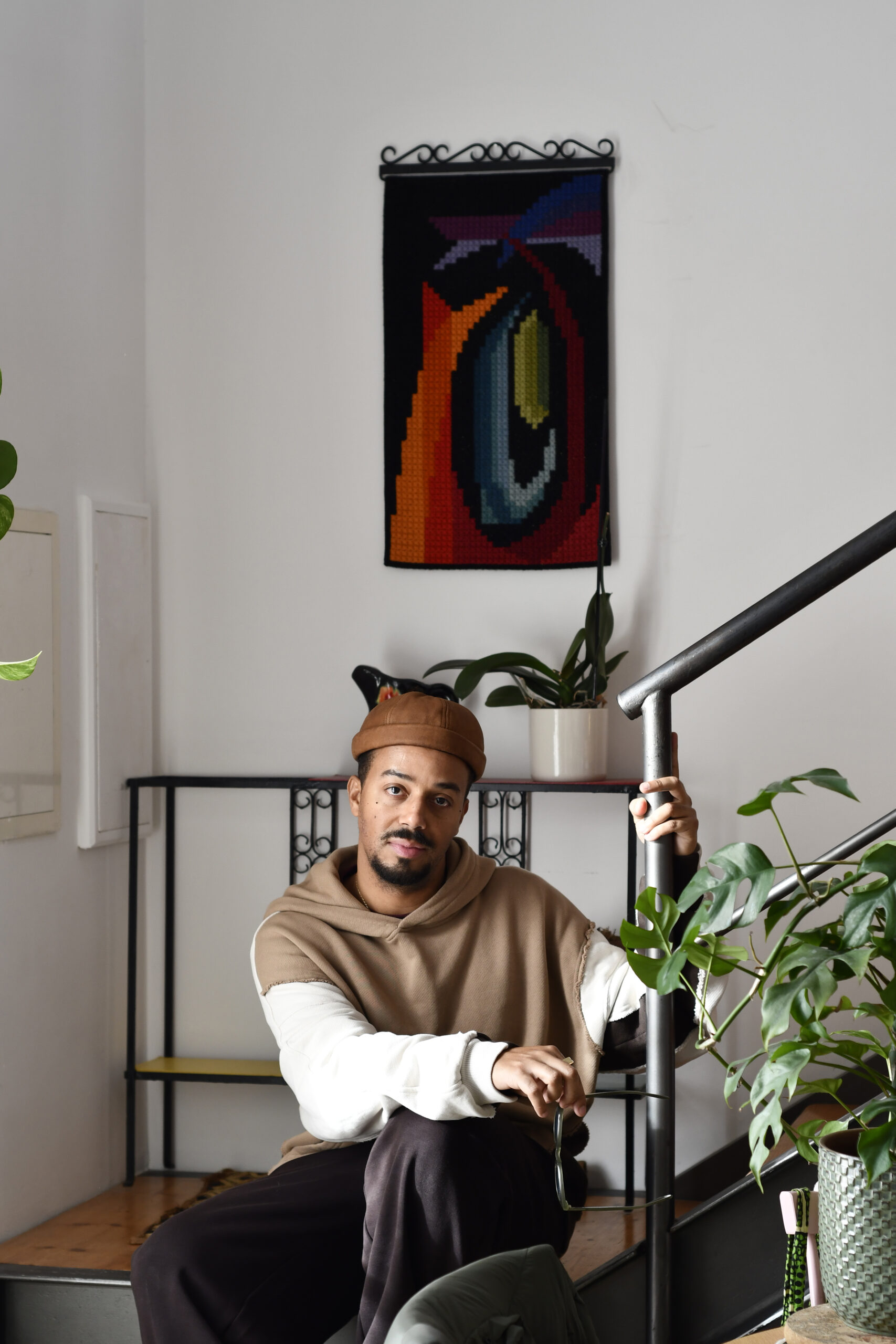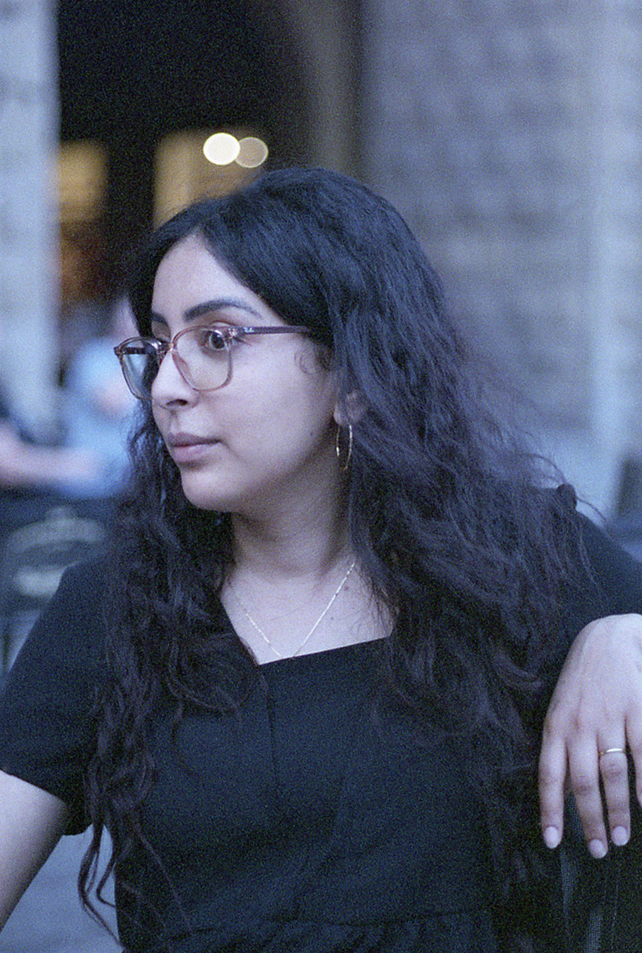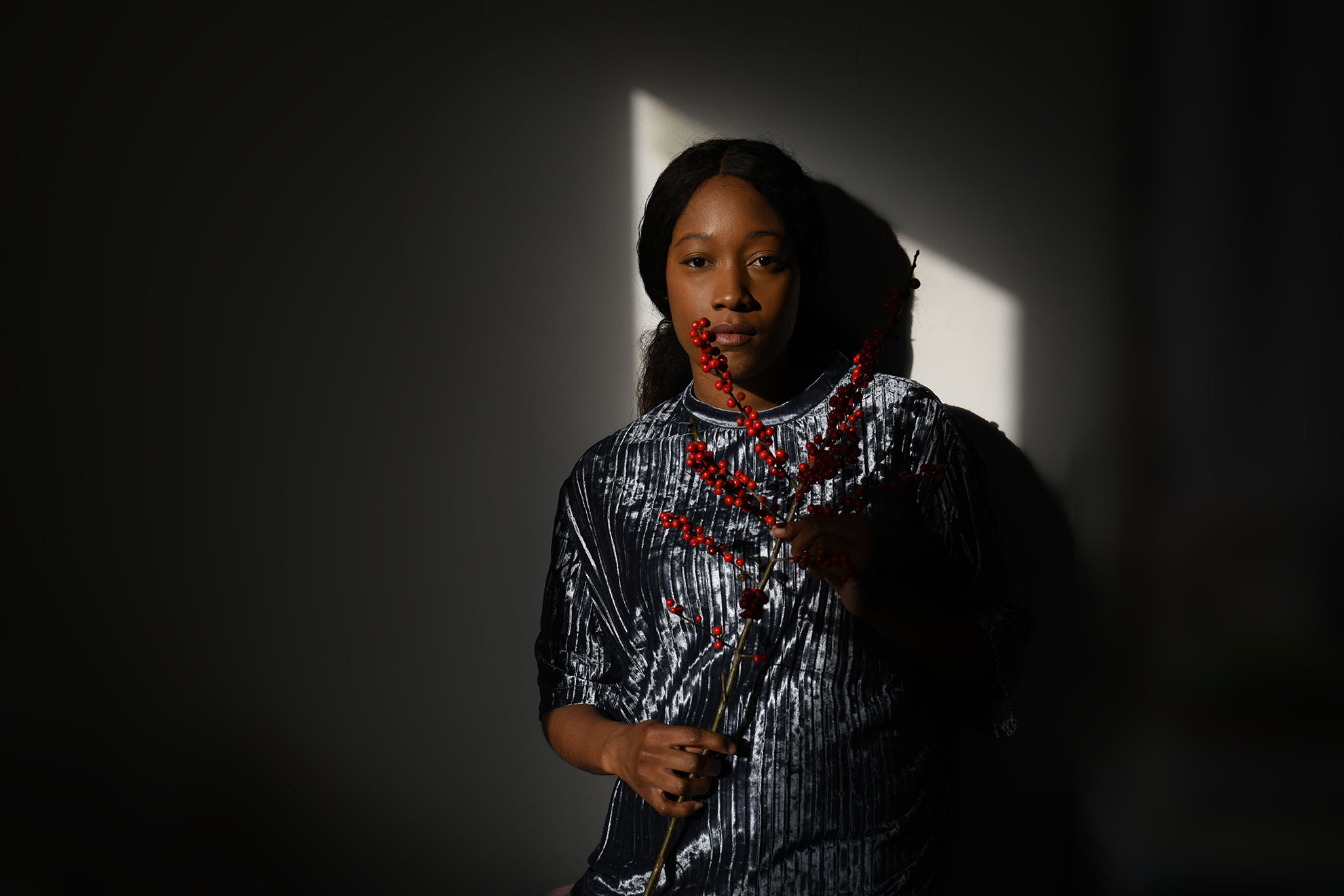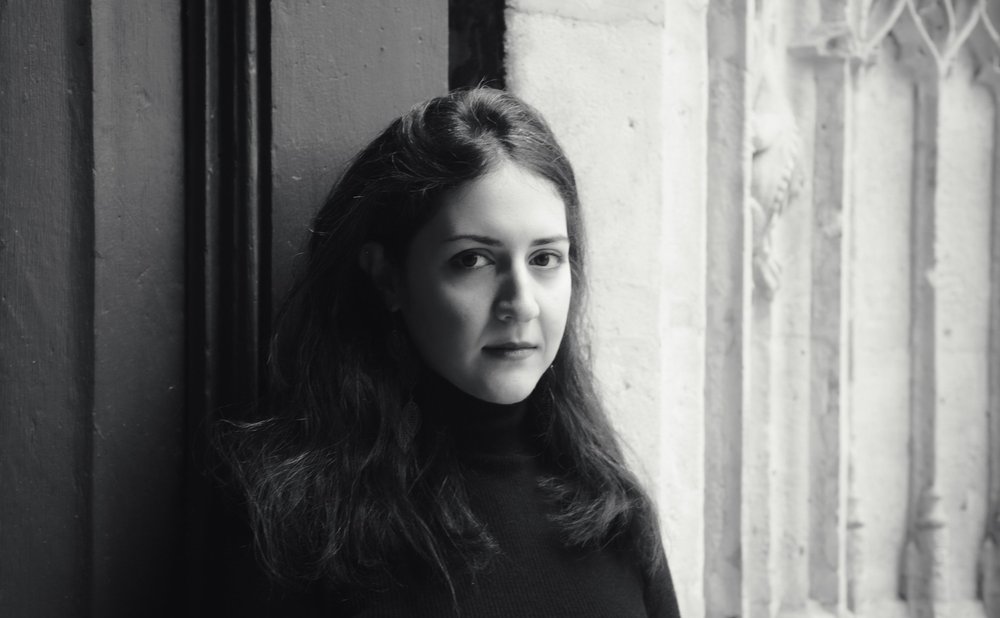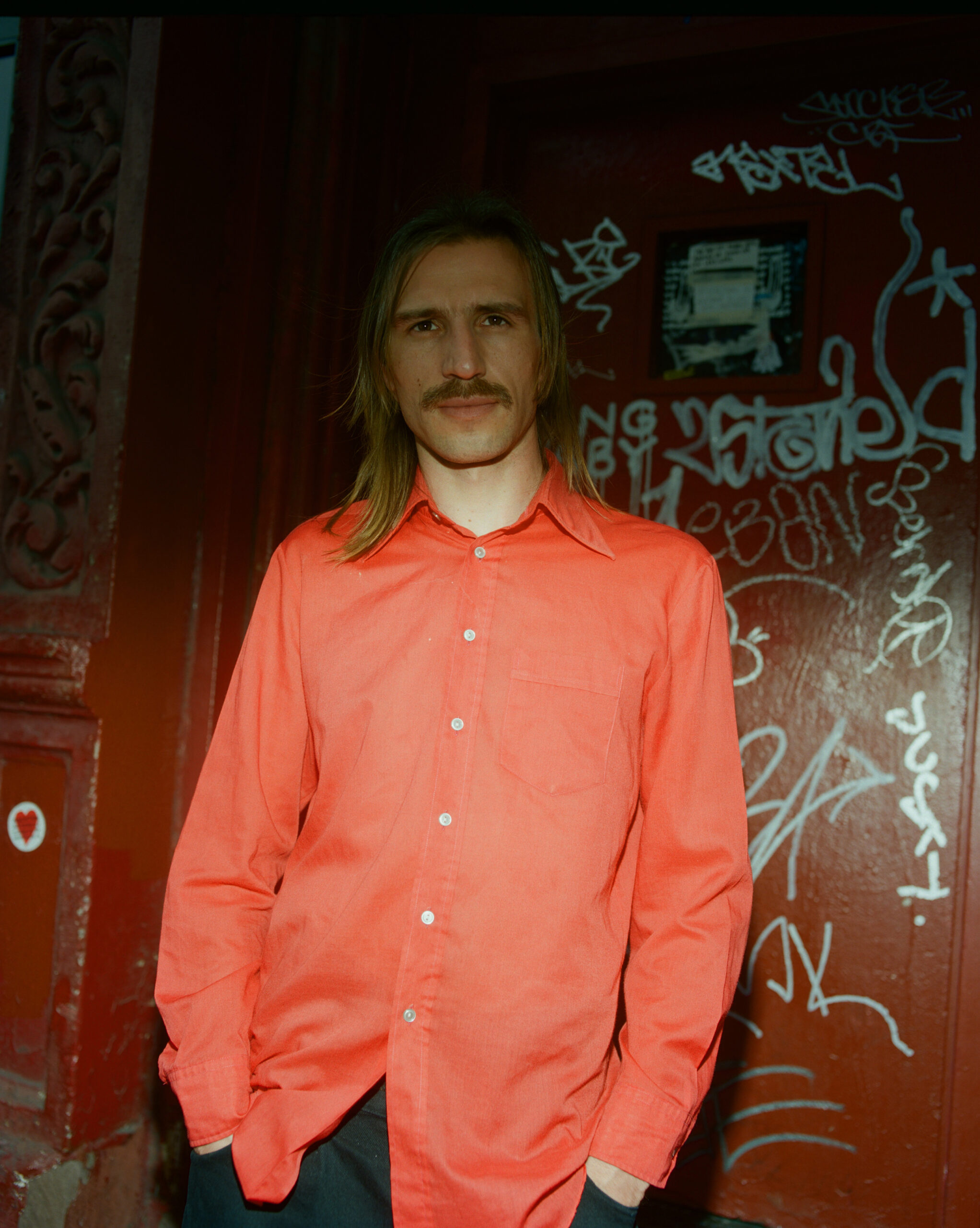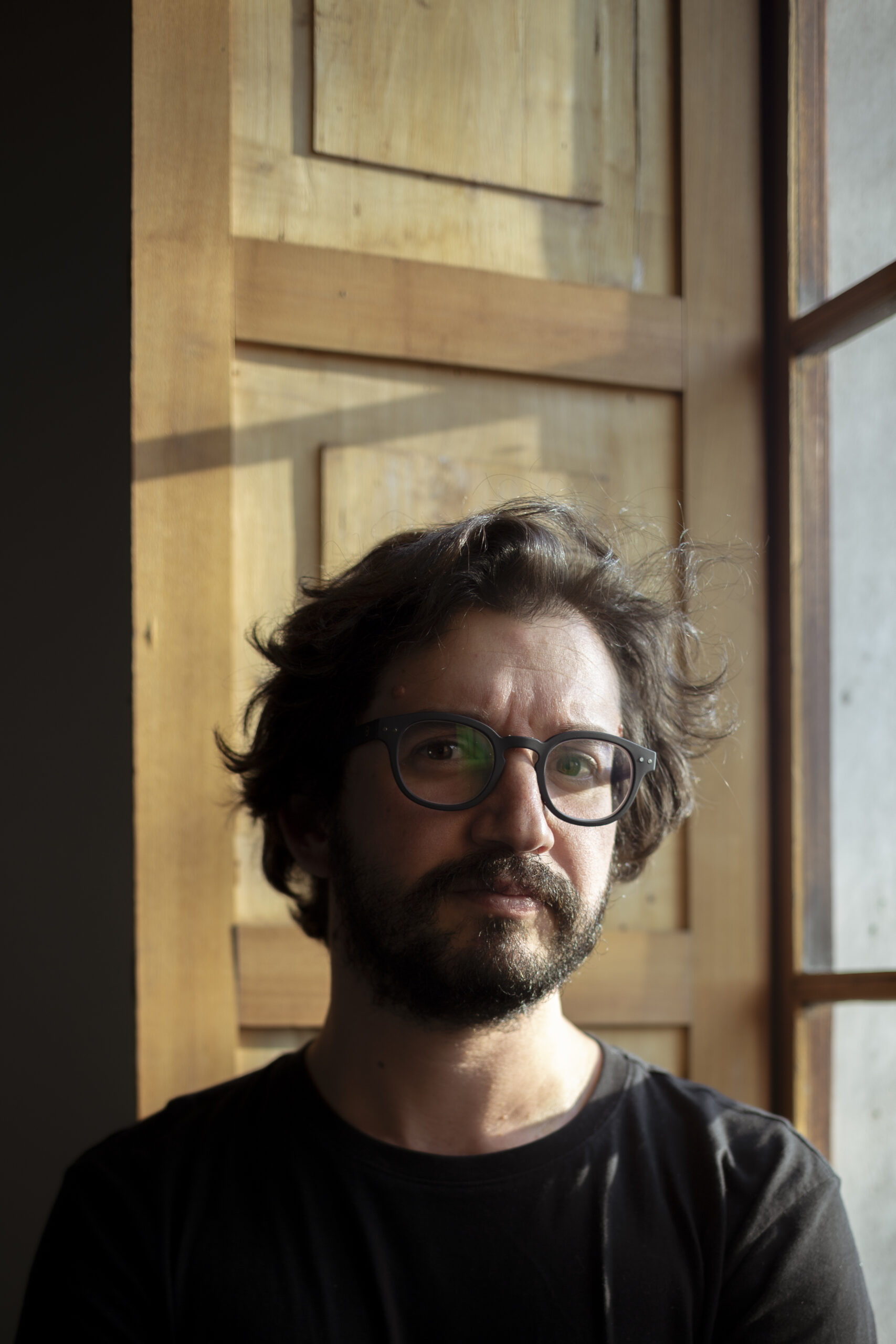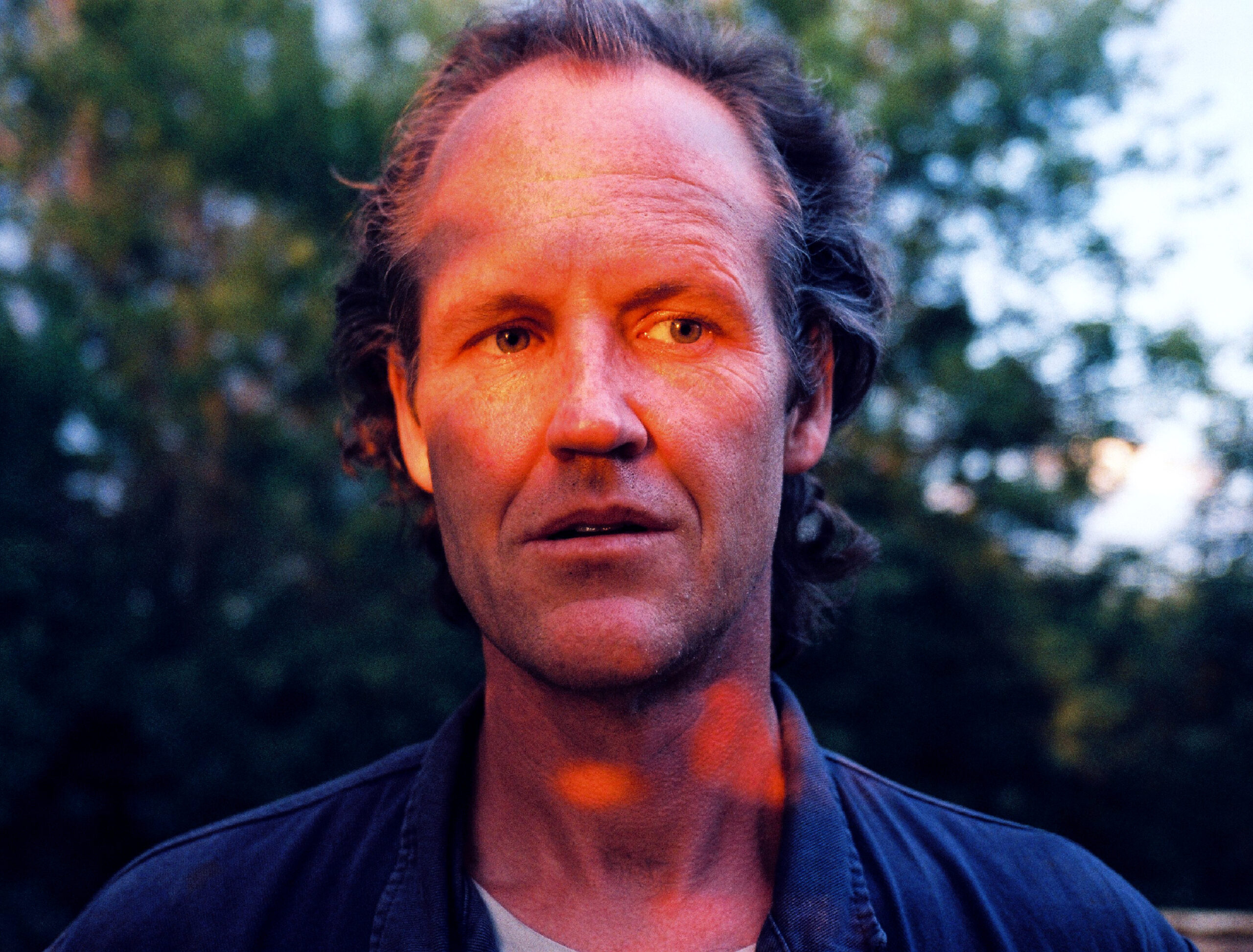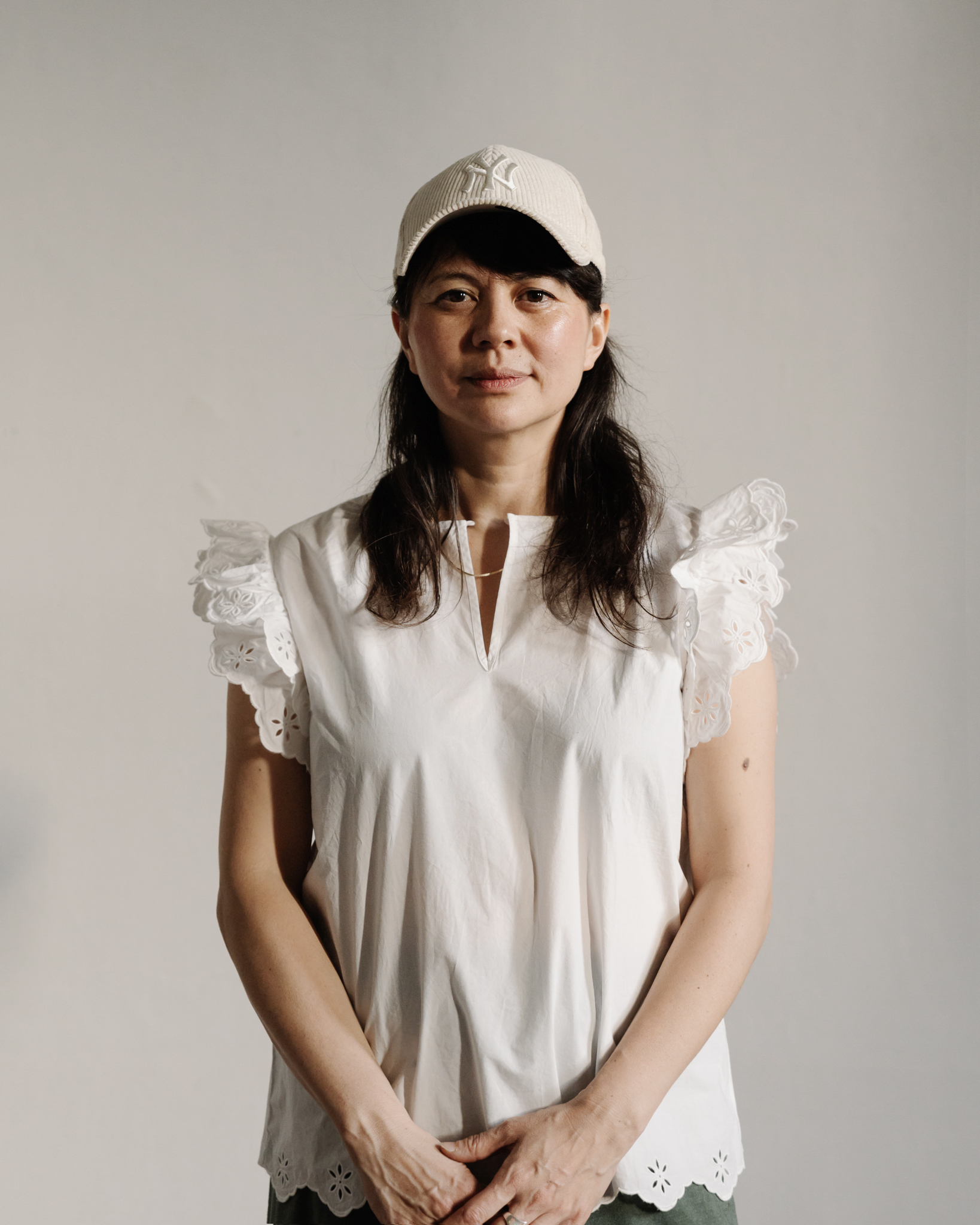Search
Henri Dutilleux
Fellow
1939 - 1939
Musical composition
Biography
Henri Dutilleux
Period: 1939-1939
Profession: Composer Angers 1916 | Paris 2013 The great French composer Henri Dutilleux died on May 22, 2013 at the age of 97. Éric de Chassey, Director of the Académie de France à Rome – Villa Médicis, expresses his sadness and admiration for the creativity and high inspiration of the man who won the Prix de Rome in 1938, at the age of 22, and was a resident at the Villa in 1939. Far from fashions and chapels, Henri Dutilleux chiseled each of his new scores to perfection, following the model of the composers he is considered the heir to – Claude Debussy and Maurice Ravel – but also with the same exacting standards and excellence as other great masters of the French school, such as Paul Dukas and Maurice Duruflé. Composer Laurent Durupt, currently a resident at Villa Médicis, also pays tribute to his predecessor.
“A few weeks before his death, I was deeply moved to discover on my arrival at the Villa that Dutilleux had been a resident there in 1938, exactly seventy-five years ago. He was still a long way from having written his symphonic masterpieces, such as Métaboles and Mystères de l’Instant… He was twenty-two years old and had not even written his piano sonata, a work he himself considered to be on the fringe of his catalog, and was still unknown to the world. Today, he has become a monument of our culture, a magnificent example of a savoir-faire inherited from a long French tradition, whose roots go back as far as our venerable polyphonists… To find oneself in these Roman surroundings, at the moment of his death, is particularly moving, for in this mysterious moment, the sensation of the before and after of a fabulous, exemplary artistic life, marked by unquestionable musical successes, mingles. This indescribable feeling is perhaps the last lesson in humility that Henri Dutilleux distilled throughout his life in his actions, his words and his sublime art.
“Born in Angers, France, in 1916, Henri Dutilleux spanned the 20th century not only as a composer, but also as a player in the world of music broadcasting and teaching: from 1944 to 1963, he was in charge of musical production at Radio France, then professor of composition at the Conservatoire National Supérieur de Musique de Paris, counting Gérard Grisey and Francis Bayer among his disciples. His sense of color and concise form were the hallmarks of his elegant musical language, which borrowed from both early 20th-century French composers and other masters such as Béla Bartók and Igor Stravinsky. While his violin concerto – L’Arbre des songes – and his cello concerto – Tout un monde lointain – have become part of our collective memory, Henri Dutilleux also distinguished himself in 1997 by writing a committed work, both powerful and humble, dedicated to the victims of Nazism and specifically written for the Boston orchestra: The Shadows of Time .
